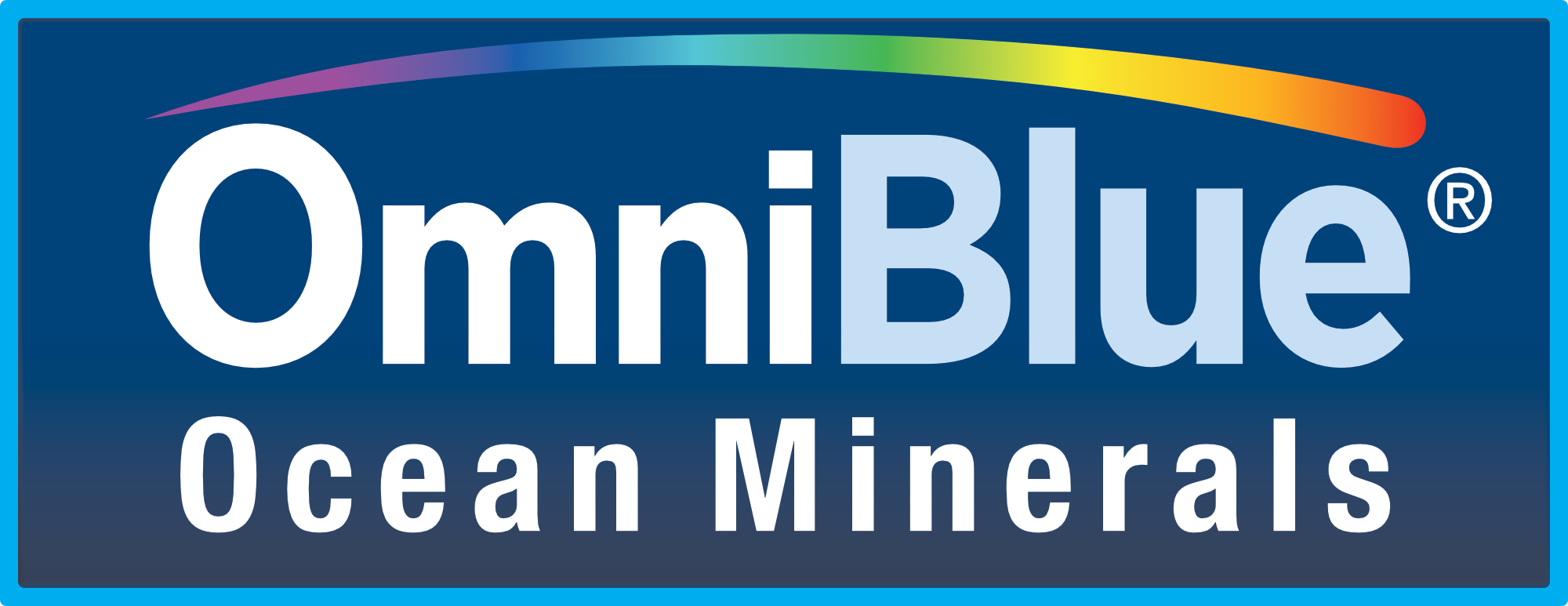Good morning!
I know it’s early for philosophical questions, but have you ever felt a completely random urge for something like honey on steak? Probably not, but I’ll admit I have. That’s the funny thing about cravings, they don’t always make sense, yet they always feel urgent.
Today, we’re diving into cravings, yes, but more specifically pregnancy cravings. What cravings are, what they mean, and why they’re especially common during pregnancy. So grab your pickle-flavored chocolate (or whatever sounds oddly good right now), and let’s dig in.
Key Takeaways
-
Cravings during pregnancy are influenced by hormones, culture, and shifting perceptions of what’s “off-limits,” not just nutrient deficiencies.
-
Satisfying cravings without overdoing it supports balanced nutrition.
-
Blending nutrient-rich foods with occasional treats helps maintain both physical health and emotional well-being.
CORE
What Are Food Cravings?
Cravings are an intense, specific desire to eat something, and they hit differently from regular hunger. When you’re hungry, almost anything will do. When you’re craving, it’s that chicken sandwich or that fresh glass of orange juice.
These urges are complex, blending biology, psychology, and even social context. Most of the time, they’re harmless, but can lead to frequent overeating or less nutritious choices.
Food Cravings & Pregnancy
Studies show that cravings in women are most common during two times in life. The few days leading up to menstruation and during pregnancy. In fact, up to 90% of women report food cravings at some point during pregnancy.
So, what’s at the top of the craving list? One study that followed 200 women found these top three categories:
-
Sweets - 25.9%
-
Carbohydrate-heavy or savory foods - 19.3%
-
Animal protein - 19.3%
Common Myths About Cravings
“You’re making up for nutritional deficiencies.”
This idea feels intuitive, right? Your body needs more nutrients during pregnancy, so it must be asking for them.
Here’s the thing, if cravings were purely about filling nutritional gaps, we’d expect cravings for folate, B vitamins, zinc, magnesium, iodine, vitamin A, and calcium rich foods. Yet, the most craved foods are usually high in calories and low in those very nutrients.
But, it is possible that cravings are more about quick energy than specific vitamins. Think that pregnancy typically involves around 340-450 extra calories per day.
“It’s all hormones!”
There’s truth here. Pregnancy involves significant changes in estrogen and hCG levels, which can heighten the sense of smell and taste. That explains why some foods suddenly smell unbearable, and others become irresistible.
Hormonal fluctuations can affect mood and energy, which is why food can sometimes feel extra comforting. Things like chocolate, for instance, which contains compounds like phenylethylamine (I can’t pronounce that either) can promote feelings of well-being. While studies haven’t found a direct link between hormone levels and specific cravings, the mood-food connection is real.
“Culture has nothing to do with it.”
Actually, it plays a major role. Cravings are shaped not just by biology, but also by what foods are available, familiar, or considered “off-limits.”
While chocolate cravings are common in the U.S., research in other parts of the world shows very different patterns, such as savory foods being more common in Egypt or rice being a frequent craving in Japan. These differences highlight how culture influences what our brains associate with comfort and satisfaction.
There’s also a concept in behavioral psychology called reactance. Basically, the “you can’t tell me what to do” reflex. When foods are labeled “off-limits,” they suddenly become irresistible. And what’s considered “off-limits” is pretty dependent on culture.
Finding a Middle Ground
Pregnancy is hard work, and staying healthy is absolutely important, your body is running a full-time marathon. Some days it’s leafy greens and protein that hit the spot, other days it might be a little indulgence that satisfies a craving.
The sweet spot? Mostly nutrient-rich meals with room for the occasional indulgence. Think balance over perfection.
And yes, making sure you get enough trace minerals is an important part of meeting your nutrient needs. OceanElements is a trace mineral powder comes in veryhandy, supporting your diet with over 70 trace minerals. Check it out today with our risk-free money back guarantee.

Share:
Why Is Breakfast So Important?
Does Sugar Make Fruit Unhealthy?